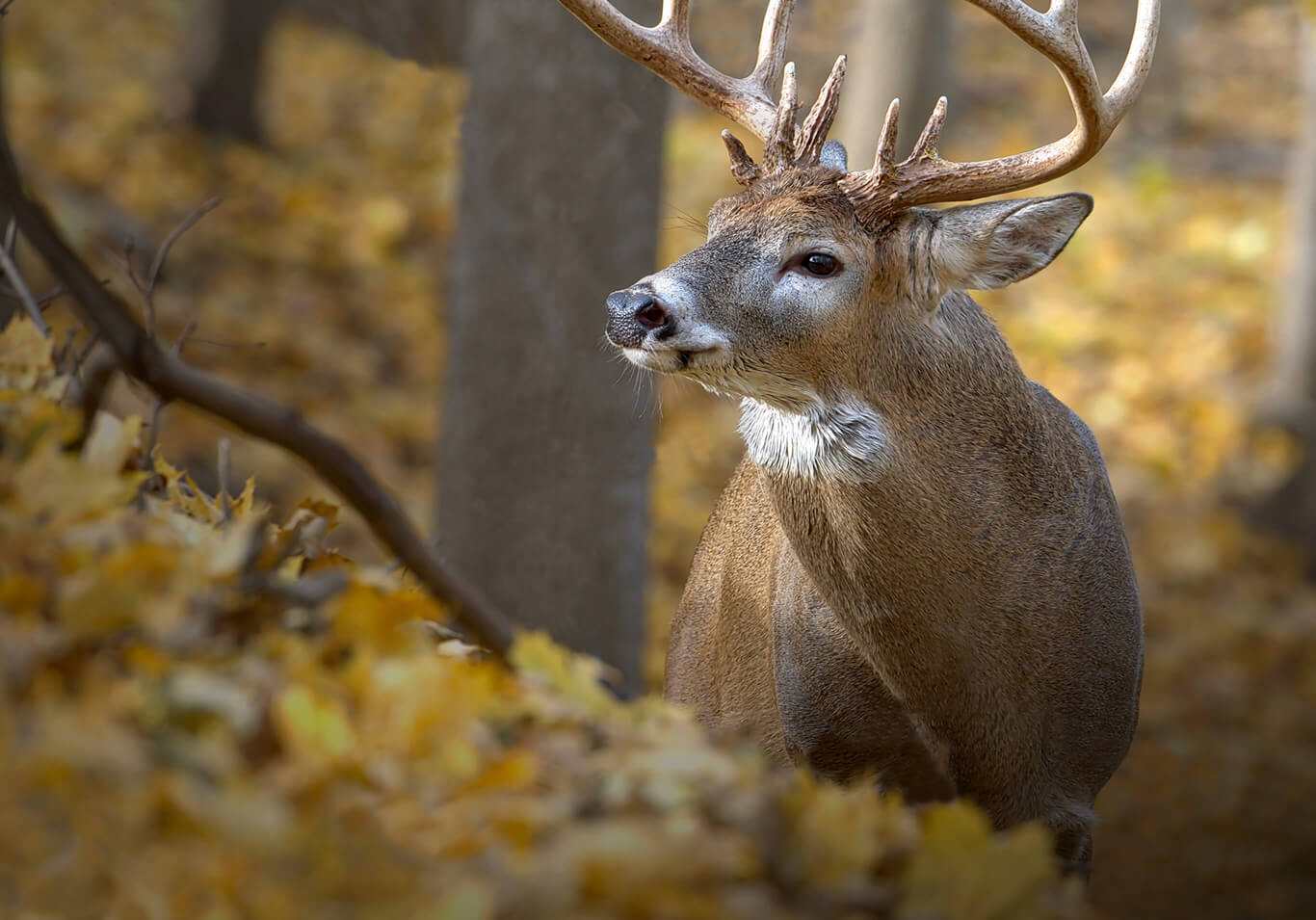
TRAINING
Chemical Immobilization and Anesthesia of Domestic and Wildlife Species
This training provides the most complete, up-to-date instruction available on chemical immobilization of animals, presented in an easy-to-understand manner that is applicable to all experience levels. The instructors are veterinarians and biologists who specialize in remotely-delivered anesthetic agents. This program, which has historically been considered by many to be the standard in chemical immobilization training, is now part of San Diego Zoo Wildlife Alliance Academy.
Typical Course Agenda:
Day One
Introduction/General Considerations
Medication Delivery Techniques
Capture Pharmacology
Dart Lab Video Presentation
Day Two
Species Specific Drug Dosages & Volume Calculations
Approach, Post Capture Care & Anesthesia Monitoring
Medical Emergencies
Human Safety and Accidental Human Exposure
Continuing Education Credits
16 hours of Continuing Education credit approved by the following organizations:
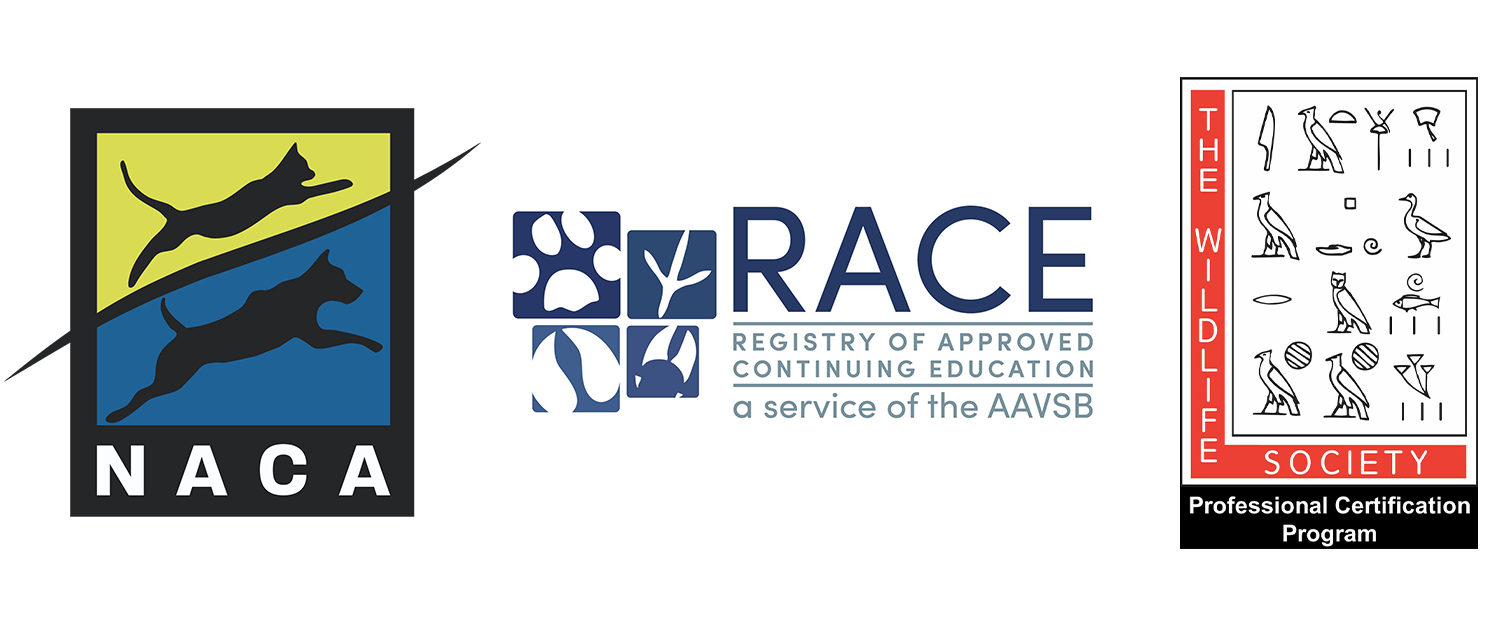 |
We are now offering Safe Capture Chemical Immobilization Training in three formats:
• Livestream
• In-Person
• Self-Guided e-Learning
Please contact us at AcademySafeCapture@sdzwa.org if you are interested in group rates or have any questions about this program.
June 25-27, 2024 – 3-day event
Hosted by San Diego Zoo Wildlife Alliance Academy
Days 1 & 2: 7:00am – 2:00pm PT
Day 3: 7:00am – 11:30am PT
Early Registration closes: June 10, 2024
General Registration closes: June 18, 2024
MARYLAND (Owings Mills)
April 9-10, 2024
Hosted by Maryland Department of Natural Resources
Early Registration closes: March 25, 2024
General Registration closes: April 2, 2024
CALIFORNIA (Pomona)
April 20-21, 2024 – SOLD OUT
Hosted by Western University of Health Sciences
Early Registration closes: April 5, 2024
General Registration closes: April 11, 2024
FLORIDA (Miami)
May 8-9, 2024
Hosted by Zoo Miami
Early Registration closes: April 23, 2024
General Registration closes: May 1, 2024
VERMONT (Barre)
May 21-22, 2024
Hosted by Vermont Department of Fish & Wildlife
Early Registration closes: May 6, 2024
General Registration closes: May 13, 2024
VIRGINIA (Fredericksburg)
July 9-10*, 2024
Hosted by Rappahannock Regional Criminal Justice Academy
Early registration closes: June 24, 2024
General registration closes: July 02, 2024
*Qualification Day for VA ACO’s will be on July 11. Additional registration is required, and a separate registration link will be provided to class participants.
COLORADO (Golden)
July 23-24, 2024
Hosted by Jefferson County Sheriff’s Office
Early registration closes: July 8, 2024
General registration closes: July 15, 2024
TEXAS (Victoria)
September 21-22, 2024
Hosted by The Texas Zoo
Early registration closes: September 6, 2024
General registration closes: September 13, 2024
WISCONSIN (Stevens Point)
October 12-13, 2024
Hosted by University of Wisconsin-Stevens Point, College of Natural Resources
Early Registration closes: September 27, 2024
General Registration closes: October 4, 2024
For more information on this format, please click here.
Feedback From Safe Capture Trainees
"Practical information with reference materials; instructor was approachable, engaging, and spoke from experience."
"I really enjoyed the demonstrations of the different items used during chemical immobilization."
"Very knowledgeable and experienced instructor. Also truly appreciated the very detailed course material."
Professionals working in…
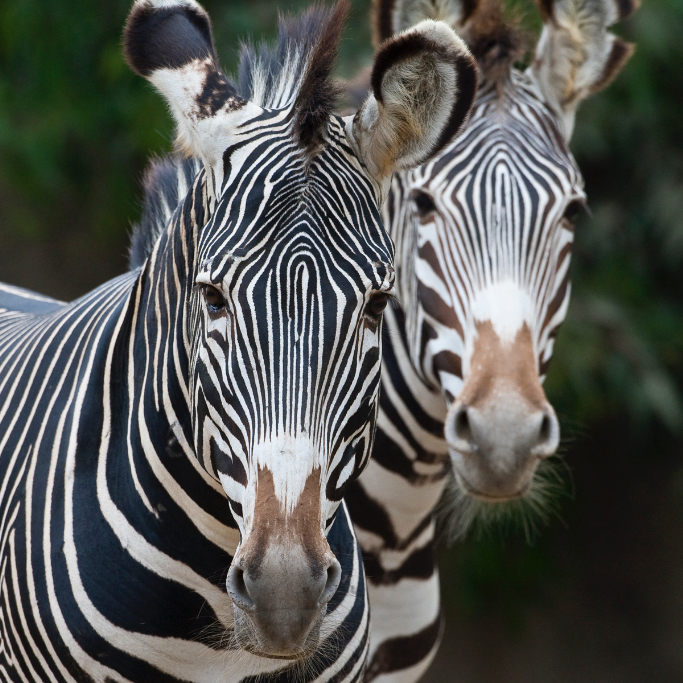
ZOOLOGICAL MEDICINE
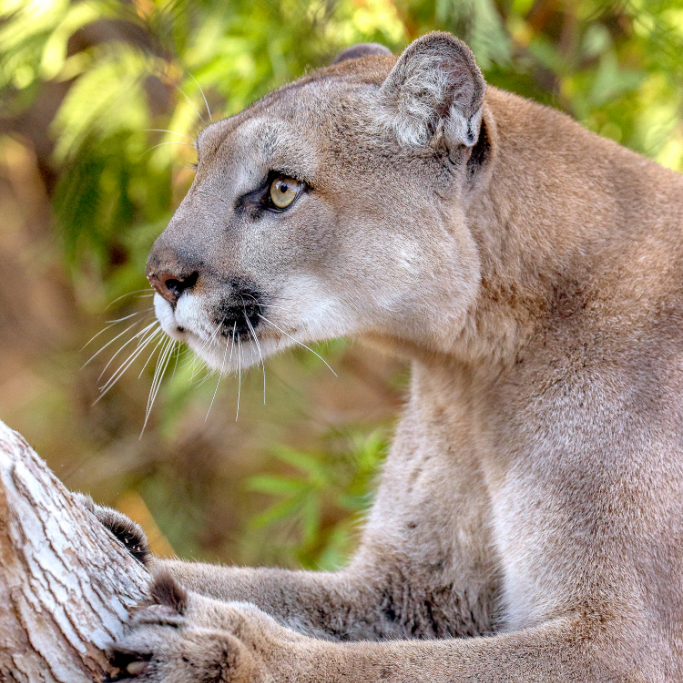
WILDLIFE MANAGEMENT
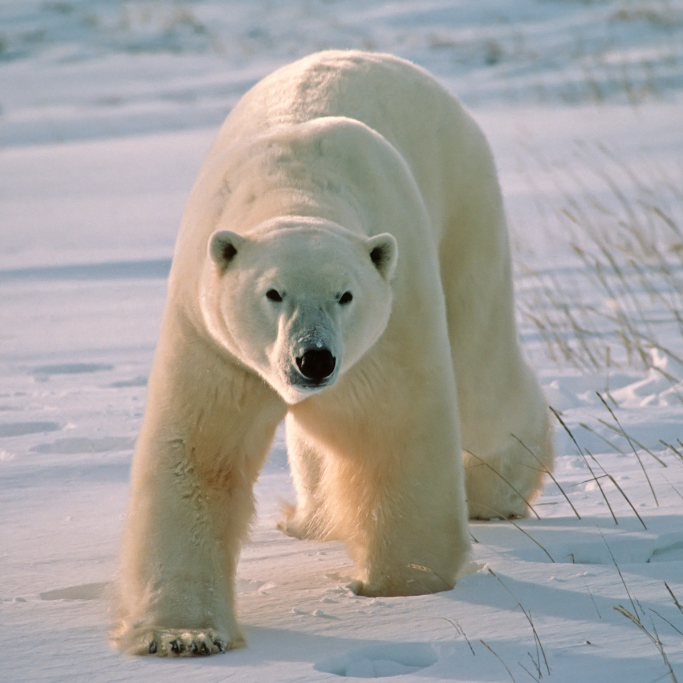
WILDLIFE RESEARCH
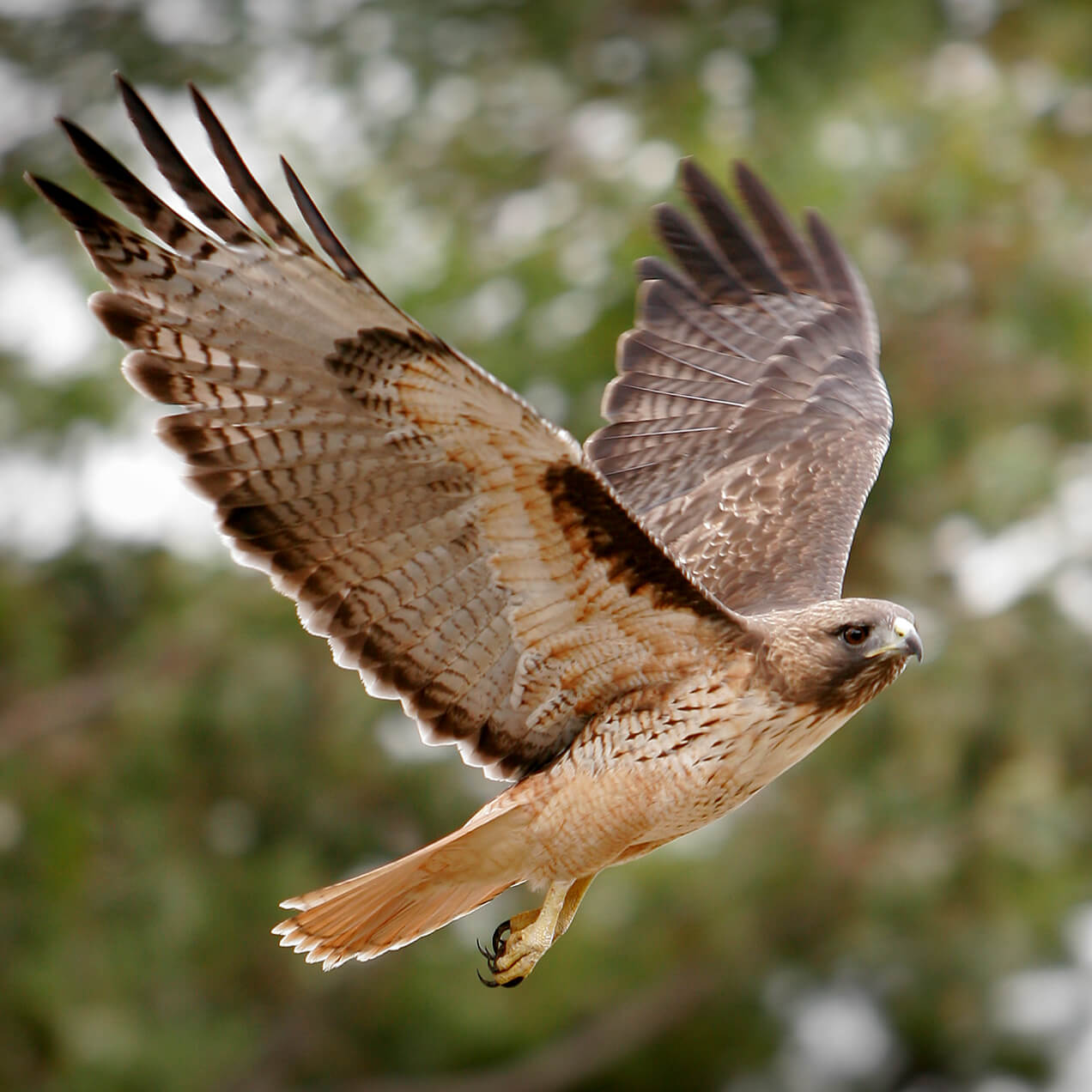
WILDLIFE REHABILITATION
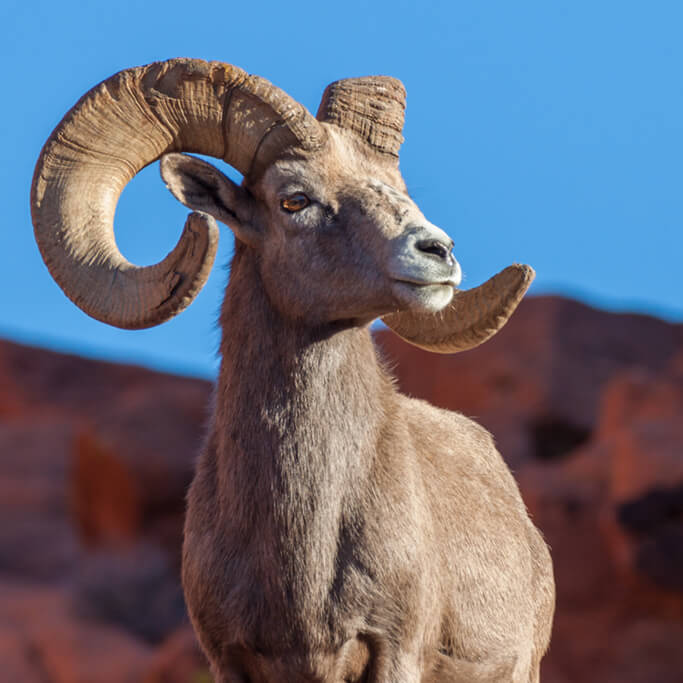
WILDLIFE CONSERVATION
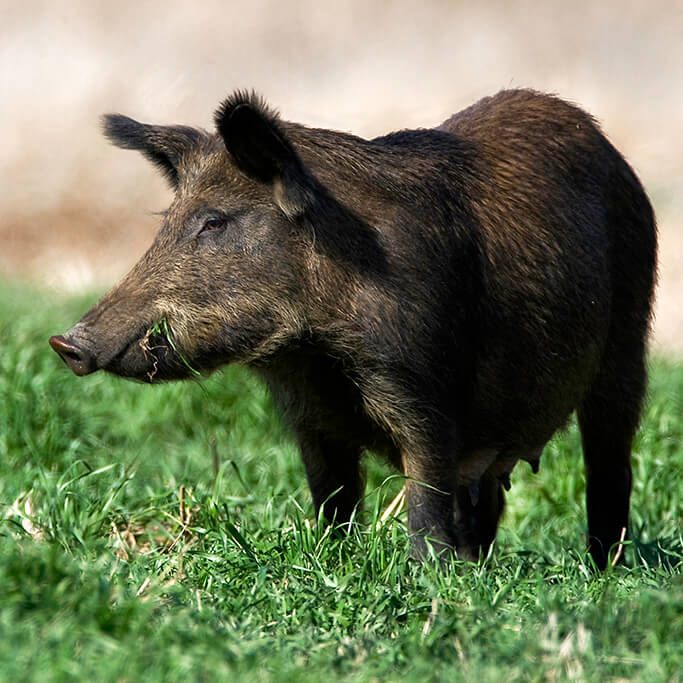
ANIMAL CONTROL OFFICERS
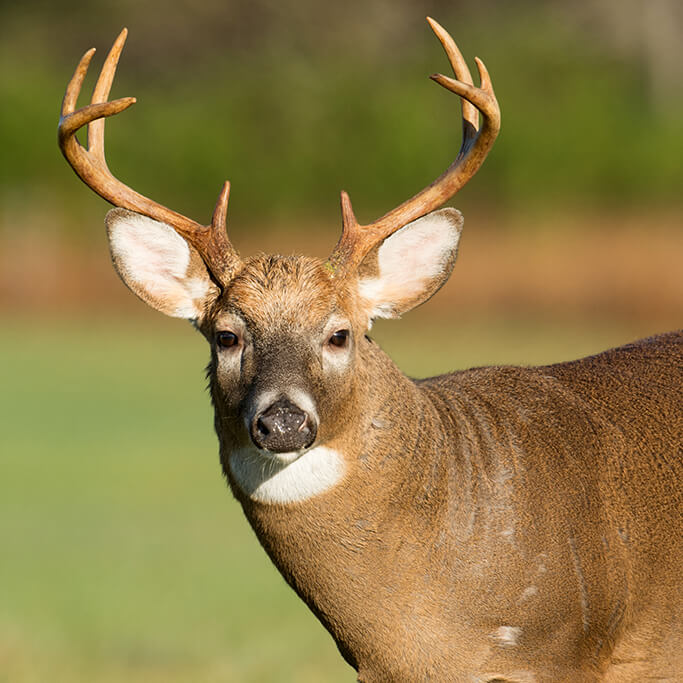
WILDLIFE RANCHERS
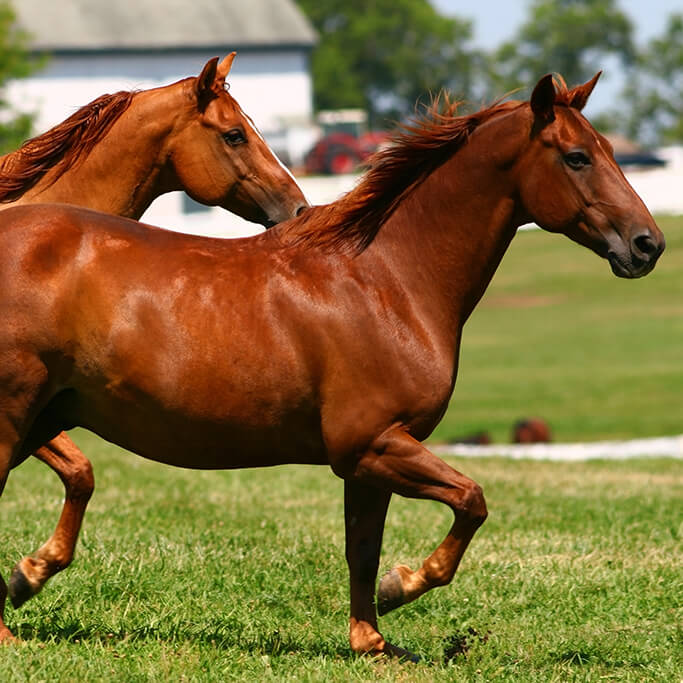
VETERINARY MEDICINE
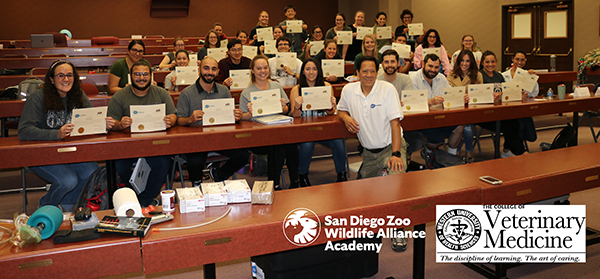
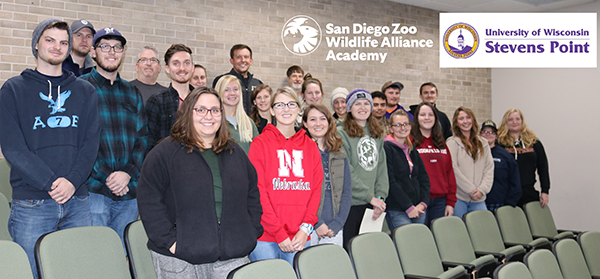
The San Diego Zoo Wildlife Alliance Academy's Safe Capture program is pleased to bring our training to colleges and universities! Click here to contact us if you are interested in having a Safe Capture training event at your institution.
![]()
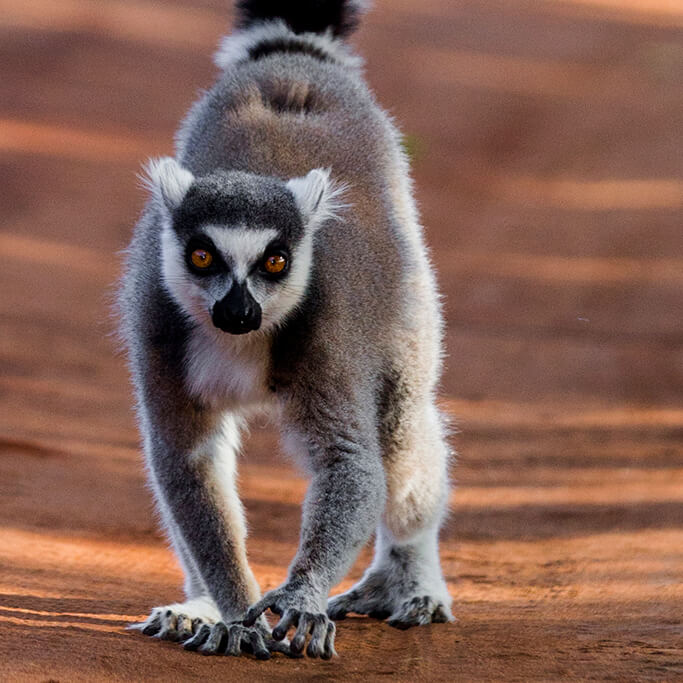
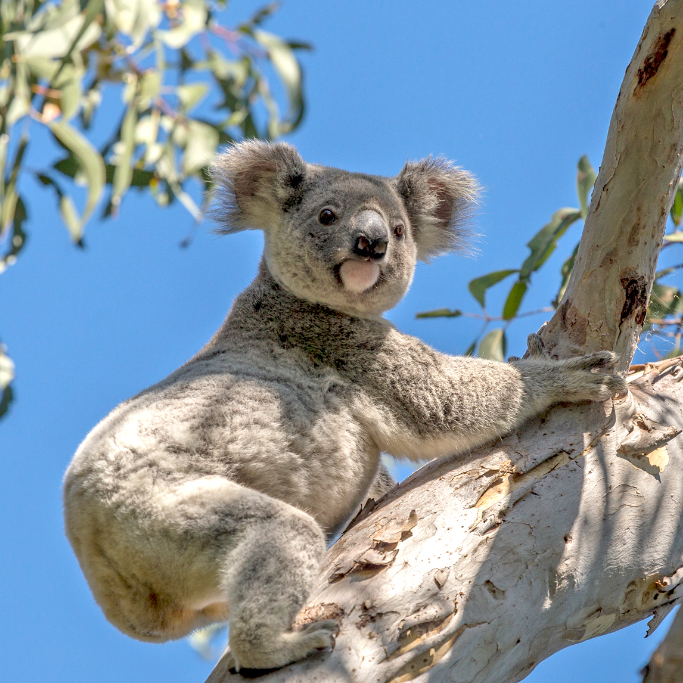
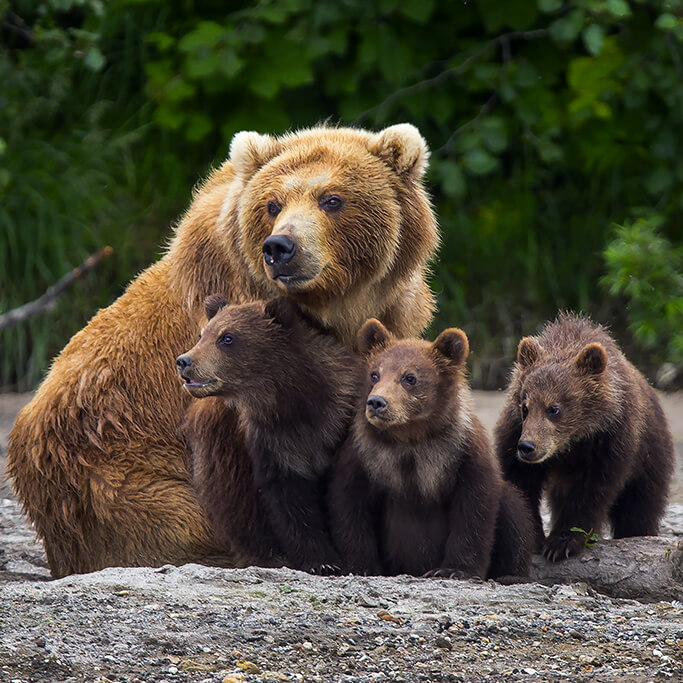
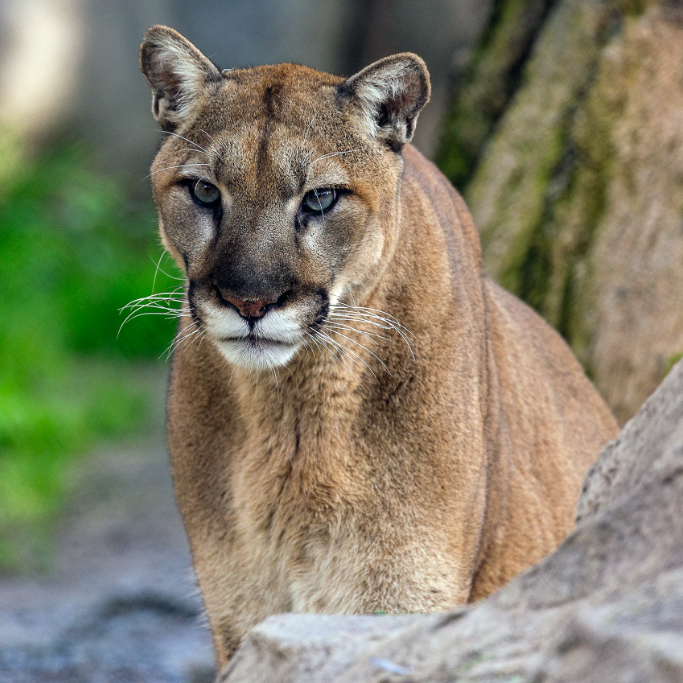
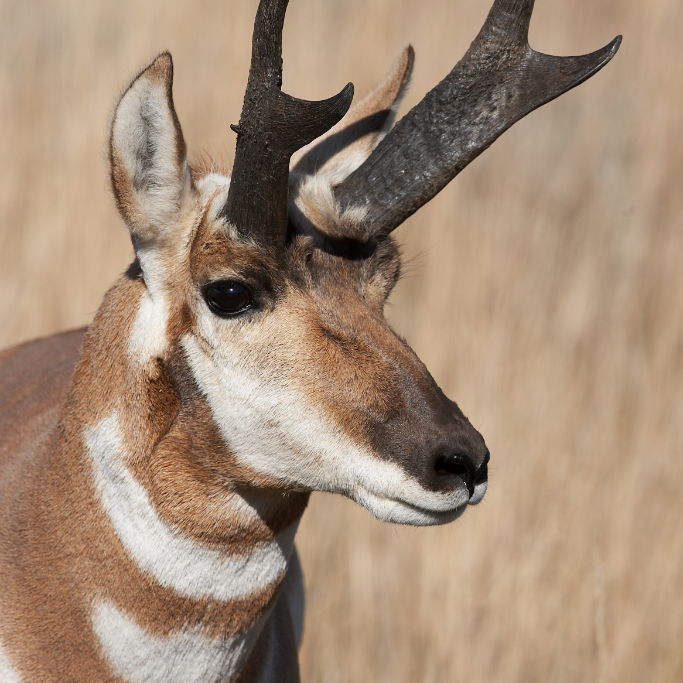
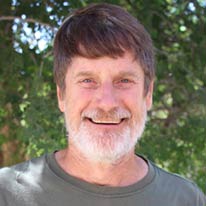
Dr. Mark Drew has a BSc in Wildlife Management and Biology from the University of Wisconsin-Stevens Point. He received an MSc in Zoology from the University of Alberta in Edmonton, Alberta, working on winter tick ecology with moose. He received his Doctor of Veterinary Medicine in 1987 from the University of Minnesota-St Paul. He completed a residency in Zoological and Wildlife Medicine from the University of California-Davis in 1989. Mark taught in the Zoological Animal Section for the College of Veterinary Medicine at the University of California-Davis for 2 years and Texas A&M University for 6 years. Mark was the Wildlife Veterinarian for the California Department of Fish for 2 years and Game Idaho Department of Fish and Game for 21 years. Mark is a Diplomat of the American College of Zoological Medicine, past President of the American College of Zoological Medicine, and past President of the American Association of Wildlife Veterinarians. He has been teaching chemical immobilization courses for 25 years.
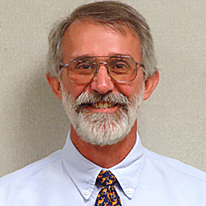
Dr. Kenneth Waldrup completed his BS (Microbiology) in 1976, his MS (Veterinary Parasitology) in 1980 and his DVM in 1983, all from Oklahoma State University. Ken received his PhD (Veterinary Medical Science) from Texas A&M University in 1991 and completed a post-doctoral fellowship at the Invermay Agricultural Centre near Dunedin, New Zealand working with farmed deer anesthesia and reproduction, as well as wildlife diseases. He has served as CWD program supervisor with the Texas Animal Health Commission and is currently Regional Zoonoses Control Veterinarian with the Texas Department of State Health Services.
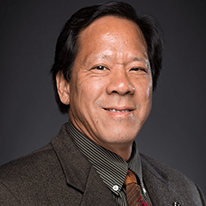
Dr. Curtis Eng graduated from Purdue University's School of Veterinary Medicine. He worked as the Associate Veterinarian in a small animal/exotic animal practice and volunteered at the Lincoln Park Zoo, and then became the Assistant Director/Staff Veterinarian for the Potawatomi Zoo in South Bend, Indiana. He became the Director of Animal Health and Husbandry at the Phoenix Zoo and the Chief Veterinarian at the Los Angeles Zoo and Botanical Gardens. During his zoo career, conservation medicine has been his true passion having been intimately involved with the reintroduction of the Peninsular Pronghorn, Black Footed Ferret, Sumatran rhino, and California condor. Dr. Eng has also served as the attending veterinarian at a large research chimpanzee facility. He is currently the Director of Clinical Relations and an Associate Professor at Western University, College of Veterinary Medicine, specializing in Zoo, Exotic and Wildlife Medicine. He volunteers as the veterinarian for wildlife and exotic animals for the Pasadena Humane Society and works part time in an exotics-only private practice. He currently fosters birds and reptiles that are looking for good homes.
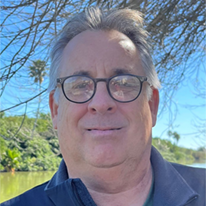
Dr. Thomas deMaar has been a wildlife and zoo veterinarian for over 30 years. Embracing the extreme form of multiple species "one medicine" he has worked with several zoos in the United States, operated a wildlife conservation medicine practice in Kenya for 8 years, cared for domestic livestock in Kenya, Mexico, Pakistan, Uganda, and USA, and consulted for federal and state wildlife agencies. He taught at Tufts University, the University of Nairobi, and the University of Texas system and mentored high school, college, and graduate school students from numerous countries. Throughout the years, Dr. deMaar has undertaken wildlife rehabilitation for thousands of wild mammals, birds, and reptiles. He is currently the attending veterinarian for Sea Turtle, Inc. on South Padre Island, Texas.
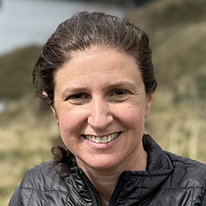
Dr. Liza Dadone, VMD is a zoo veterinarian with giraffe medicine expertise. She assists zoos and ranches with their giraffe care, serves as a veterinary advisor for giraffe in the American Zoological Association (AZA), and has been part of more than 100 giraffe anesthesia procedures.
Dr. Dadone brings more than 18 years of zoo and field conservation experience to her anesthesia cases and teaching. After graduating from University of Pennsylvania College of Veterinary Medicine, she completed a zoo internship at the Calgary Zoo, a zoo residency at the Columbus Zoo and Aquarium, and worked for more than 12 years at the Cheyenne Mountain Zoo. In 2023, she founded Giraffe Veterinary Services to provide specialty care for giraffe in zoos in the US and internationally. She also collaborates with the Animal Search and Rescue exotic animal response team to problem solve anesthesia and emergency rescue challenges for zoo and wildlife species.
For more information about these trainings, please fill out the form below.